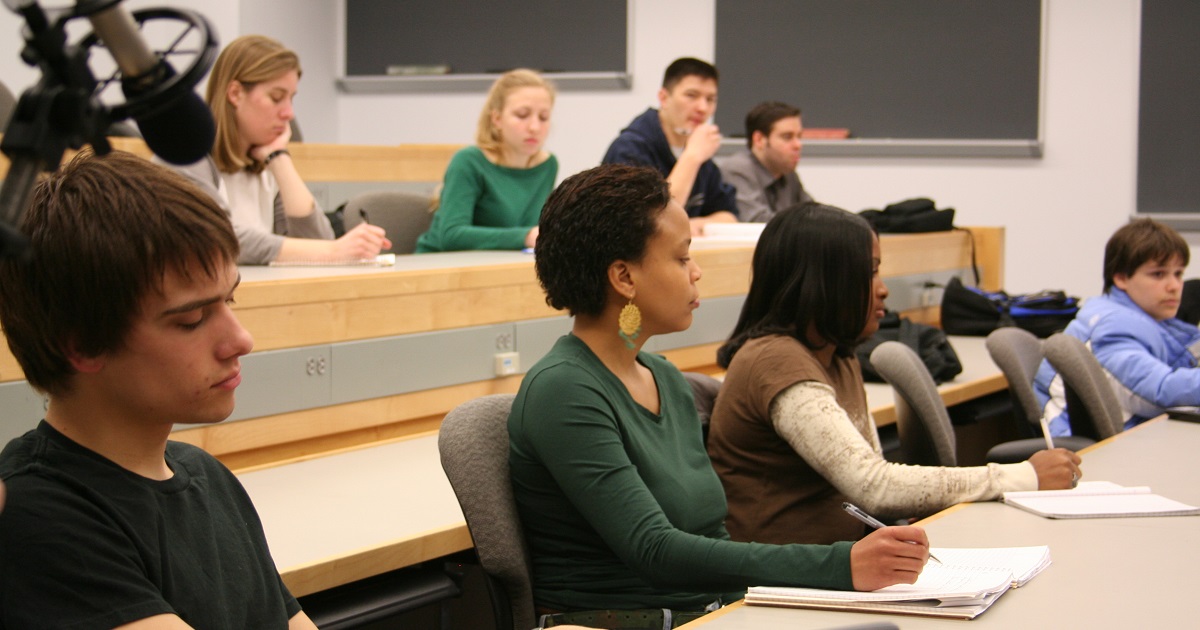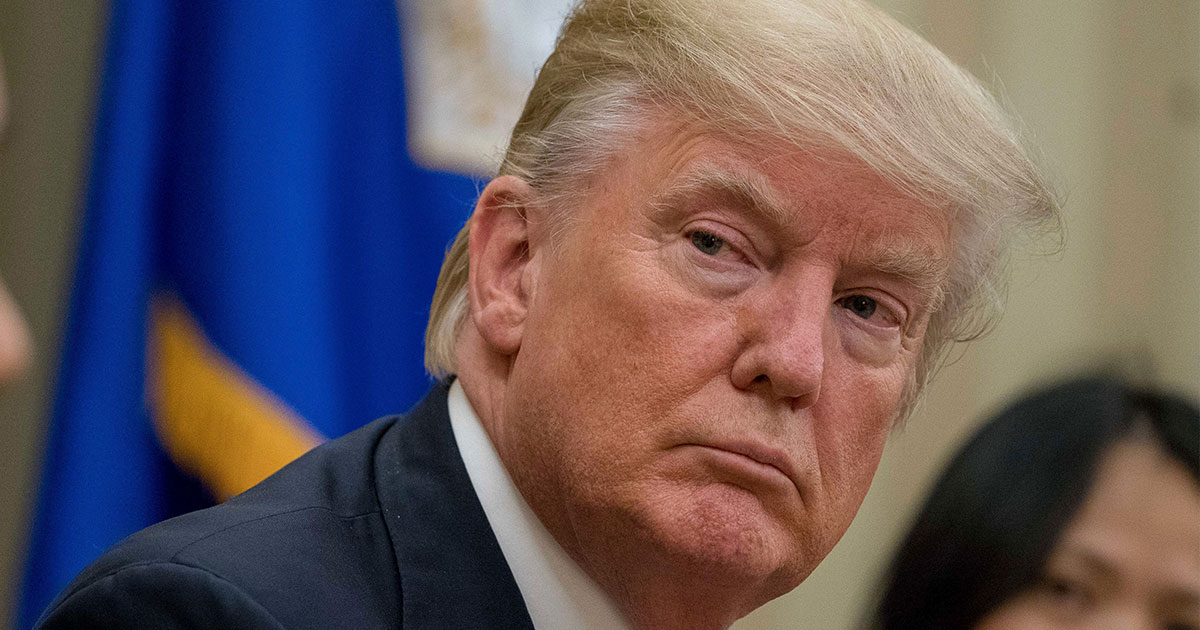People are Demanding Answers From Betsy DeVos

By:
Secretary of Education Betsy DeVos got an earful at a hearing on proposed budget cuts to education programs and civil rights protections for diverse students on Tuesday. But some of her toughest critics lobbed questions on Twitter, where #Questions4Betsy started trending for at least the third time this year.
.jpg?auto=format&crop=faces&fit=crop&q=60&w=736&ixlib=js-1.1.0) AP/Carolyn Kaster - apimages.com
AP/Carolyn Kaster - apimages.com
DeVos, who was confirmed by the Senate in February, has faced scrutiny from lawmakers and college affordability advocates over proposed cuts to 22 Department of Education programs that were included in President Donald Trump's budget. The department would lose about $9 billion in funding if Congress approves the budget.
But at a hearing on Tuesday, members of the Senate subcommittee on education spending cast doubts on the budget's prospects of passage, MLive reported. Sen. Roy Blunt (R-Mo.) told DeVos it would be "a difficult budget request to defend" and that "it's likely that the kinds of cuts that are proposed in this budget will not occur."
Still, students, activists, and lawmakers continued to push DeVos to defend certain budget proposals on Twitter.
 Flickr - flickr.com
Flickr - flickr.com
1. Cody Hounanian, project director of the non-profit group Student Debt Crisis, asked the education secretary to explain the proposed elimination of a financial aid program that allowed graduates working in certain public sector jobs to have their student loans forgiven after 10 years of service.
There are more than 400,000 graduates currently enrolled in the federal education program, CNN reported, and some of those enrollees pursued certain careers because of the promise of loan forgiveness. Under the budget, students who take out loans after July 1, 2018 would not qualify for public service forgiveness.
The Trump administration argued that the program's elimination would "support [a] streamlined pathway to debt relief for undergraduate borrowers" and "generate savings that help put the [country] on a more sustainable fiscal path," according to the budget. Eliminating the program would save the federal government an estimated $27.5 billion over 10 years.
2. Americans United for Separation of Church and State, a religious liberty watchdog organization, questioned DeVos' "school choice" stance—specifically when it comes to granting vouchers to students who attend private religious institutions.
Trump's budget calls for a $250 million spending increase to expand school vouchers, a controversial program that would put tax dollars toward education costs for students who enroll in schools outside of their neighborhood, including private and religious institutions. Critics of voucher programs have voiced concerns about the possible diversion of federal funds from underfunded public schools to private schools in affluent neighborhoods.
At Tuesday’s hearing, Sen. Jeff Merkley (D-Ore.) also had some questions about DeVos' "school choice" policies. He asked the education secretary whether private or charter schools, which generally set their own admissions standards, will be allowed to discriminate against students on the basis of sexual orientation or religion.
DeVos insisted that any schools that receive federal funds will be subject to federal anti-discrimination laws—but conceded that such laws may be “unsettled,” which could give schools license to discriminate. She repeated that response several times as Merkley pressed for clarification.
3. Tiffany Dena Loftin, former White House commissioner under President Barack Obama, challenged DeVos over the proposed elimination of subsidized federal student loans, including the Stafford loan.
The government would stand to save almost $39 billion over 10 years if Congress approves the budget and eliminates the federal subsidized loan program, which provides low-interest student loans to students in financial need.
But students and college affordability advocates have sounded the alarm over this program's prospective elimination. The average American already graduates college with about $37,000 in student loan debt—and most of that debt is accrued from federal financial aid programs. Without subsidized loans, low-income students might be discouraged from pursuing higher education, or otherwise find themselves straddled in debt from private and non-subsidized loans.
These are just three examples of education budget cuts that have generated debate online and in Congress.
 APImages/Andrew Harnik - apimages.com
APImages/Andrew Harnik - apimages.com
Trump's budget proposal would reduce or eliminate funding for 22 programs run by the Department of Education. That includes after-school programs, foreign language programs, teacher training programs, and financial aid programs.
Tuesday's Senate subcommittee hearing might have assuaged concerns about the likelihood that the budget will pass as is, but it remains to be seen what education cuts Congress will ultimately approve or reject.
